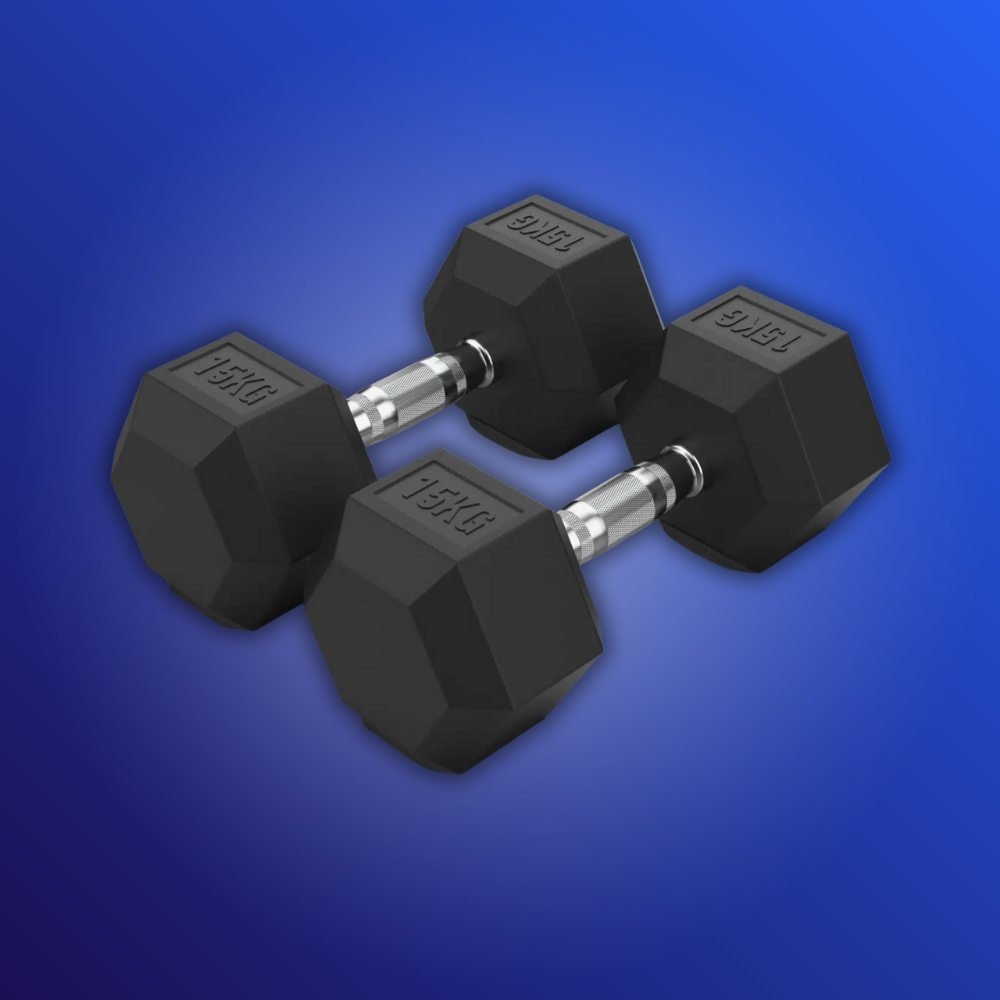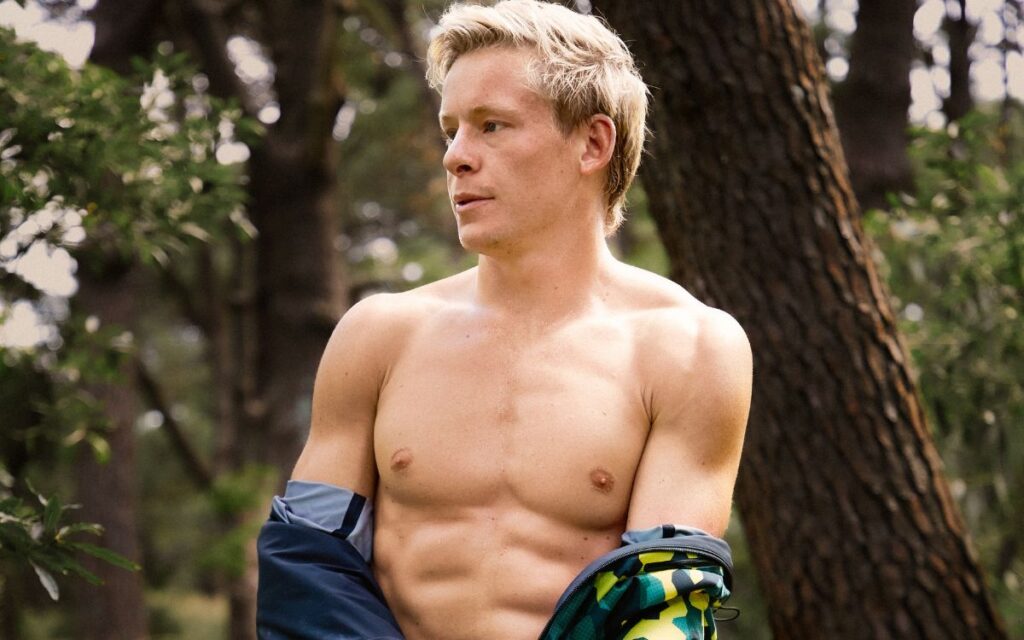Charlie Hunnam’s developed a reputation for carving his body for acting roles. In his breakout, “Sons of Anarchy,” he played the oft-shirtless Jax Teller to the delight of abs aficionados everywhere. He bulked up for King Arthur: Legend of the Sword, then slimmed down for Papillion. As he explains, it’s all in service of the work.
In his latest outing, Netflix’s Triple Frontier (March 13) he plays a former Special Forces operative who joins some old friends for one last job. (It’s no spoiler to say that things don’t go as planned.) Hunnam took time with Men’s Health to talk about how he bulked up for the role, his eye of the tiger life philosophy, and why those shirtless pics of him will never go away.
A couple years ago, around the release of King Arthur, you joked about being tired of seeing shirtless pictures of yourself online. You even suggested you were considering hanging up your six-pack, retiring your abs. So we’ve gotta ask the hard-hitting questions—how’s your relationship with your abs these days?
[Laughs] Pretty good. I’m in good shape. I started, about two and a half or three years ago, doing Brazilian jiu-jitsu, which requires a lot of core strength. In spite of prior declarations, I’m probably in better shape than I’ve ever been in.
It doesn’t seem like the shirtless pics disappeared from the internet.
Yeah, I don’t think any recent ones have been added to the library. But I think those that are on there will circulate forever—as is the nature of the internet.
In Triple Frontier you’re playing a former Special Forces soldier, and you worked a lot with a SEAL trainer. What’d you learn from that experience?
I really love the sense of seriousness with those guys—there’s no sense of life being trivial. There’s no flippancy, no triviality to those guys. They were just very, very serious. I really enjoy that. I’m a big fan of Jordan Peterson, as are a lot of people right now—he’s become quite an internet phenomenon, a card-carrying member of the intellectual dark web.
I love the message that he promotes, which is, “Take your life seriously.” Carry as much responsibility as possible. I think in his words he says, pick up the heaviest thing that you can and carry it.
That was very much the philosophy and mentality of these Special Forces guys. I really enjoyed being around that sensibility. In this day and age, everyone’s gown soft and entitled. It’s like, no, guys, you’re not entitled to anything.
It’s like, “By your fruits you shall know them.” And that just speaks to the importance of getting out there and working for yourself. From living in Hollywood and being exposed a lot to the people of the film industry, I found the attitude of those Special Forces guys to be really, really refreshing.
How did you try to bring that to the character onscreen?
I try to bring it to my life every day. I try to take my life seriously without taking myself seriously.
I’ve also worked with military personnel in different arenas; the show that I did for many years, Sons of Anarchy, was a real favorite with military personnel, and because of that I ended up taking part in a number of military- and veteran-oriented charity events.
So I got to know a few of these guys. I felt, I suppose, a real obligation to be sensitive and find as much truth as I could in portraying the struggle of military men reintegrating into normal life.
At what point in the process do you start thinking about what you need to do physically to portray a character? Do you work from the inside out?
Unintentionally, there seems to be a pattern of having to fluctuate a lot in my weight. With this project, Triple Frontier, I had not too long before just wrapped Papillion, where I had to lose an enormous amount of weight. I got it down—for the second time in about five years, which is really uncomfortable to do—but I got down to 145 pounds, from 185.
When I signed on with Triple Frontier, I just figured that a guy with a moniker like “Ironhead,” the character descriptions, and the way in which he talks about himself, it felt like he was a pretty formidable human being. When you play a physical guy, the physicality isn’t superficial. It’s intrinsic, not extrinsic—there’s a connection to who the character is.
You mentioned once when you were working on Sons of Anarchy feeling you looked too much like a “gym guy,” instead of a Special Forces guy whose physicality is all about functionality rather than just showing it off.
The reality for me in physicality is that it’s never going to be perfect. I have the eye of the tiger, and I have the sensibility to be formidable. But I don’t have that god-given, raw, physical form. So I need to put on weight and be fit and be as strong as I can, which is why I go and smash heavy weights.
That gives you a certain type of look that isn’t ideal, but as long as you’ve got the eye of the tiger, I think that’s the most important thing. As anybody who goes and trains regularly can attest, when you train with heavy weights every day, the physical strength that you get from that gives you an emotional and a mental strength. There’s a deep connection between psychology and physicality.
It’s certainly not ideal to look like you just spend a lot of time in the gym, but for me to get big and strong, I just don’t have any choice.
That psychological part of it—the eye of the tiger—is that something you have to ramp up as you work your way into the role?
I do. I want to have the eye of the tiger just for my own sake in the process. It’s a pretty singular approach to working, for me. I live a pretty monastic lifestyle. Whenever I’m working, I never drink, and I eat very, very healthy. I take it as a deep responsibility to get eight hours of sleep a night, because you need that mental clarity and focus to be able to still be doing good work at the fifteenth hour of the day.
As I start to do the preparation and get closer to the start of the film, I just cut out more and more distractions in my life, and just sort of get into that serious mindset. Like, alright, now it’s time to go and dedicate myself entirely to this project, take it very seriously, and do the best work that I can possibly do within my range of ability.
And to push that range of ability to its threshold every time; hopefully to grow and learn and get better results. You always want to be moving forward.
You mentioned Jordan Peterson as someone whose philosophy you find really interesting. Who else do you read when you’re looking for that eye-of-the-tiger mentality, preparing for a role like this?
In my thirties I have become a pretty voracious reader. I read a lot of fiction for the love of it, and I read a lot of nonfiction. Specific to this experience I read a lot of Sebastian Junger; I read Tribe a couple of times, which I think is an exceptional book. I read Sebastian Junger’s War. I read Jocko Willink’s Extreme Ownership: How U.S. Navy SEALs Lead and Win. I read On Killing: The Psychological Cost of Learning to Kill in War and Society, by David Grossman.
So I read a lot of military-oriented stuff; it’s always specific to the role. Just for my own edification and enjoyment I read a lot of books about the human condition, particularly the human condition in relation to spiritual practice.
Mostly it helps me in life. Life is very, very, very complicated. I subscribe to hell and heaven on earth; I think that an axiom of life is that life is suffering. That’s what all of the great religions have taught us. So I think there’s a personal responsibility—almost like a campaign—to try every day to balance the scales, to derive as much meaning from a sense of individualistic purpose as we can.
That’s in a nutshell my philosophy and general outlook.
Just to wrap up, then, any words of wisdom or encouragement for guys who may not be lucky enough to have getting in shape as a job requirement?
If one wants to make the most of one’s life, physically, emotionally, and mentally, working out is an essential element—for everybody. We have this long hominoid history where we were hunter-gatherers for millions of years, and it’s only been 80-100 years for the proliferation of this really sedentary lifestyle. It’s wreaking havoc on our systems.
The connection between mental and physical health is really a chief connection. If anybody’s finding themselves anxious, depressed, or having any sort of mental health issue, and isn’t following a consistent health regime, I’d advocate that’s the first place they look to try to alleviate their suffering. I know for me an absolute fundamental necessity to be happy and healthy, mentally, is to stay physically healthy.
This article originally appeared on Men’s Health













